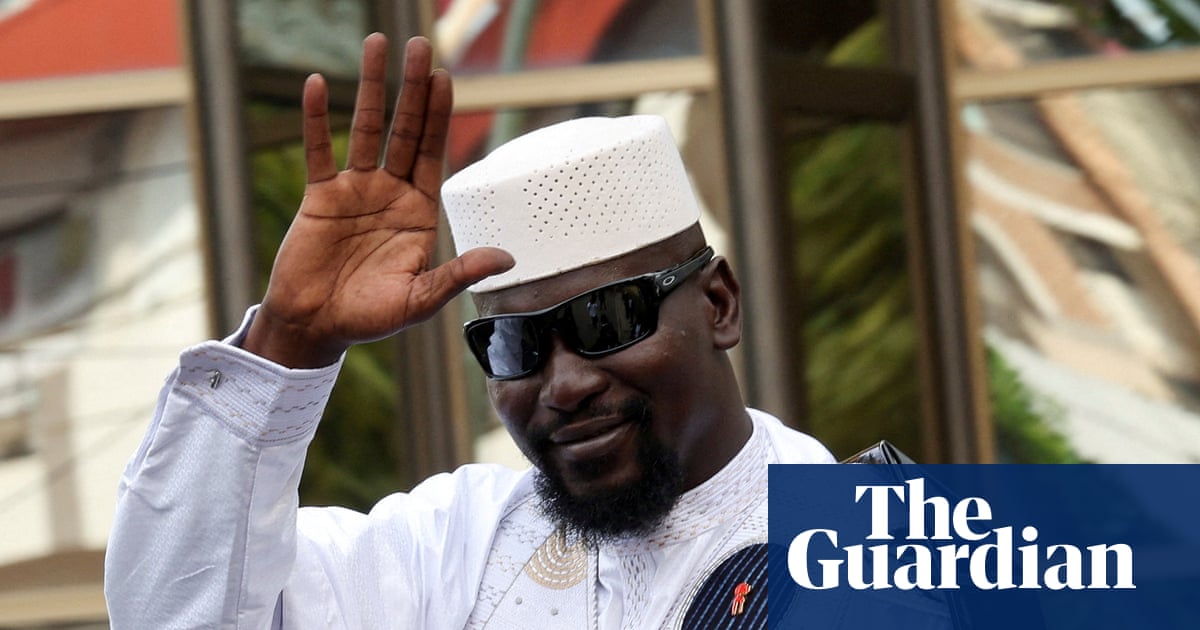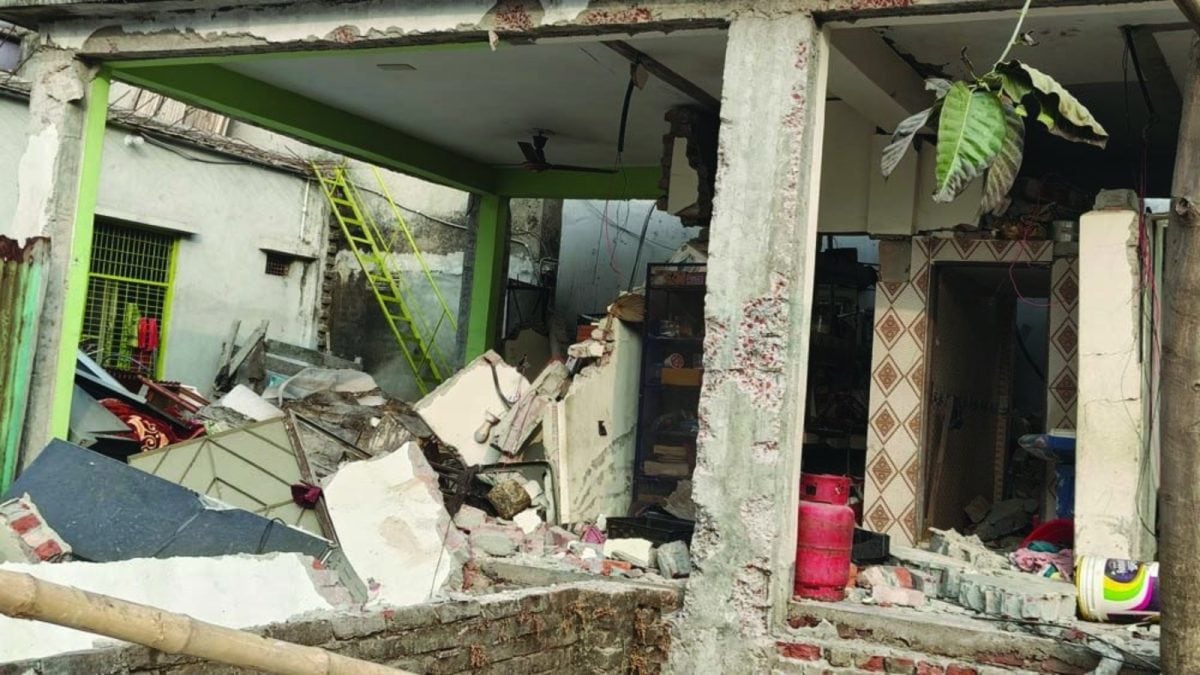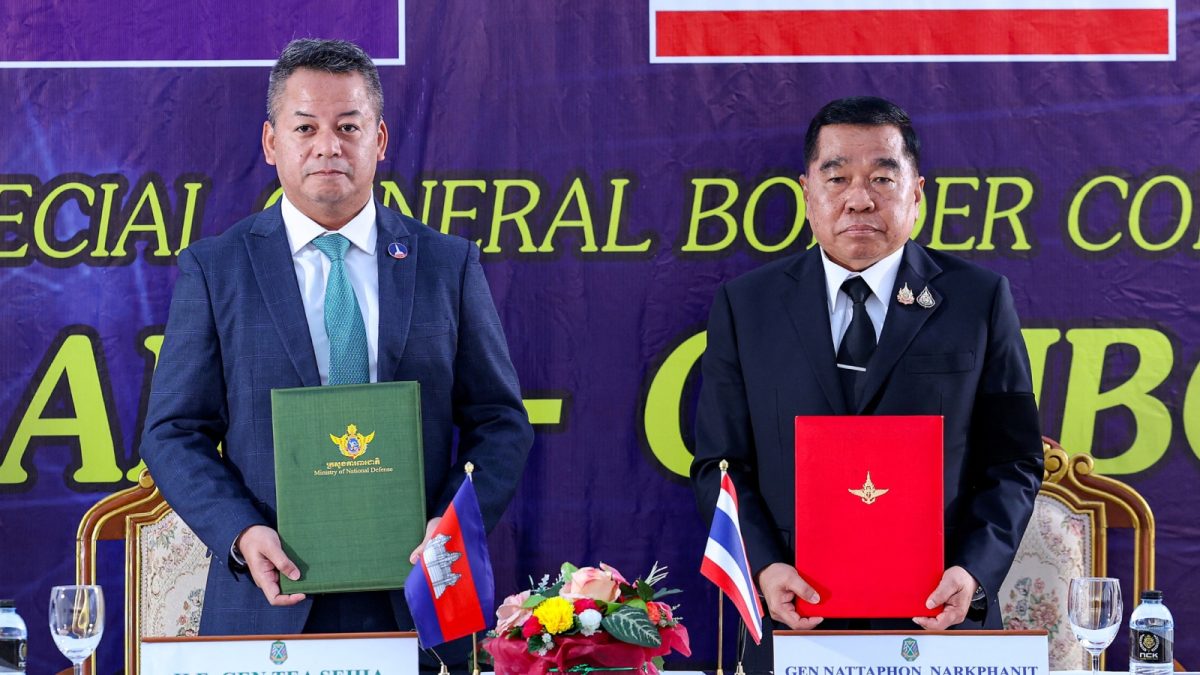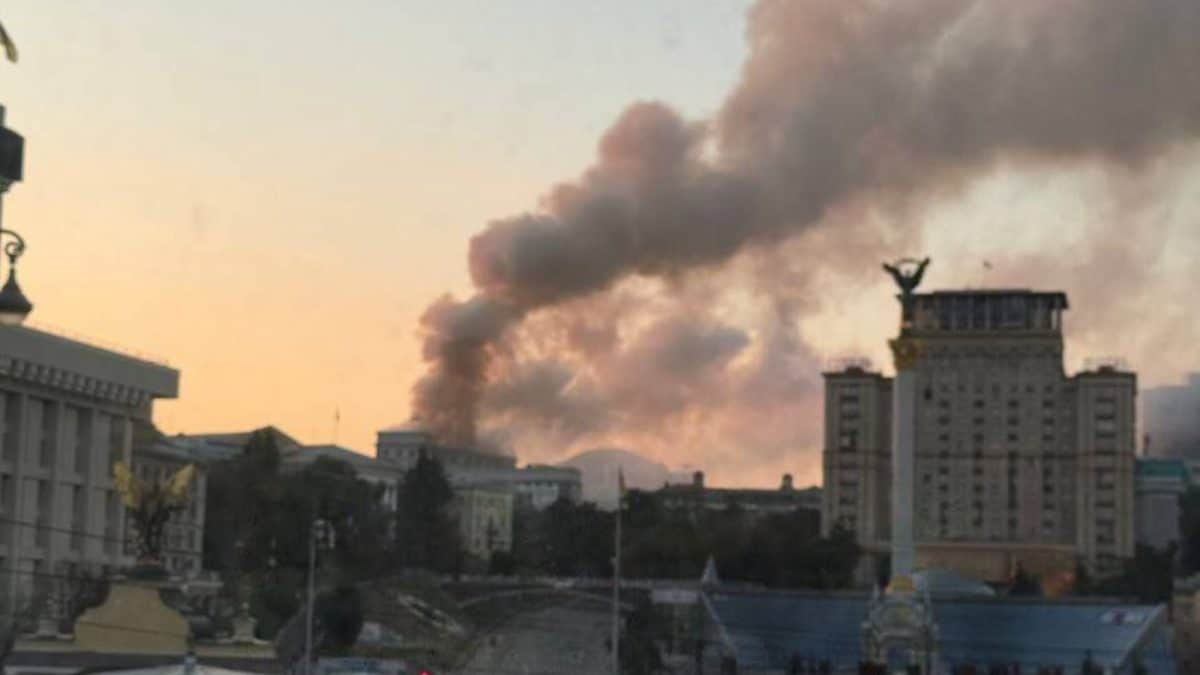Moscow offers unprecedented technology transfer for fifth-generation stealth fighter as diplomatic engagement intensifies before Putin's India visit

At the Dubai Airshow, Moscow surprised New Delhi by offering full licensed production of the Su-57 fifth-generation stealth fighter inside India, along with unrestricted transfer of technology.
As India prepares to host Russian President Vladimir Putin this December, defence cooperation has moved to the centre of an increasingly intense diplomatic week. Moscow has made what officials describe as its most significant military proposal to India in years, one that could potentially reshape the future of Indian air power.
Putin’s visit to New Delhi is expected to feature major announcements across the defence sector. The diplomatic groundwork is already under way. External Affairs Minister Dr S Jaishankar met President Putin in Moscow, held a detailed conversation with Foreign Minister Sergey Lavrov, and took part in the SCO meetings within a span of 48 hours.
In New Delhi, Nikolai Patrushev, one of Putin’s closest advisers, met Prime Minister Narendra Modi to coordinate positions ahead of the summit. It was in this strategic climate that Russia made its move.
At the Dubai Airshow, Moscow surprised New Delhi by offering full licensed production of the Su-57 fifth-generation stealth fighter inside India, along with unrestricted transfer of technology. This is a level of access that no Western defence partner has ever offered India.
According to a senior Rosoboronexport representative, Russia is proposing an initial supply of Su-57E fighters produced in Russia, followed by complete manufacturing in India along with technology transfer. Officials say this goes far beyond assembly from imported kits. The Russian side claims it is willing to open the entire fifth-generation ecosystem, which includes engines, sensors, stealth materials, avionics and other classified systems.
The representative said Russia is prepared to provide technological learning in areas such as fifth-generation engines, optics, AESA radar, artificial intelligence, low-signature technologies and advanced air weapons.
If executed, the proposal would give India access to capabilities that Western nations have repeatedly refused to share and would allow India to build and upgrade a stealth fighter independently.
The timing of the offer is significant. Air Chief Marshal AP Singh had stated that the Indian Air Force needs to induct 35 to 40 fighter aircraft every year for the next two decades to close squadron gaps. He has linked this requirement to India’s long-term manufacturing goals under Roadmap 2047.
India is progressing with its own AMCA programme but is also examining foreign fifth-generation options. The Su-57 proposal arrives at a moment when New Delhi is weighing strategic choices.
Expectations around Putin’s visit are high. Officials anticipate progress on Su-57 collaboration, updates on S-400 deliveries, discussions on possible S-500 cooperation, expansion of joint production of Su-30MKI aircraft and T-90 tanks, and upgrades to the BrahMos missile programme.
The India-Russia defence relationship has endured sanctions, geopolitical realignments and conflicts. However, the current phase appears different. Moscow is signalling a desire for a new era of co-development rather than a traditional buyer-seller arrangement.
As President Putin prepares to arrive in India, the message from Russia is clear. If India seeks fifth-generation capability, Moscow says it is ready to build it with India, inside India and on terms favourable to New Delhi.
- Ends
Published By:
indiatodayglobal
Published On:
Nov 20, 2025

 1 month ago
1 month ago
















